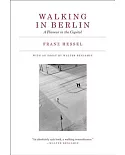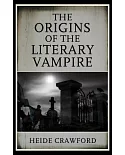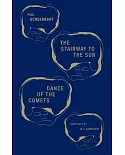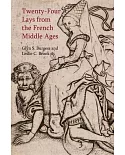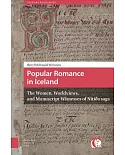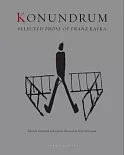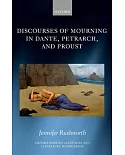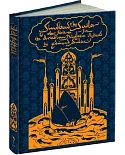Private and public relationships between individuals or groups - frequently labelled as friendships - have played a central role in human societies. Yet, over the centuries ideas and meanings
of friendship transformed, adapting to the political and social climate of a period, and consequently resisting rigid definitions. Changing concepts and practices of friendship characterized
the intellectual, social, political and cultural panorama of medieval Europe, including that of the fascinating and yet understudied thirteenth-century Iberia. The Peninsula’s fascinating
history, as the subject of conquests and ‘Reconquest’, land of convivencia, but also of rebellions, political instability, and secular and religious international power-struggles, makes the
articulation of friendship within its borders a particularly fraught subject to study. Drawing on some of the encyclopaedic masterpieces produced in the scriptorium of ‘The Wise’ and ‘The
Learned’ King, Alfonso X of Castile (1252-84) - namely the Marian songs of the Cantigas de Santa MarÃa, the law code of the Siete Partidas and the chronicle Estoria de España - this study
explores the political, religious and social networks, inter-faith and gender relationships, legal definitions, as well as bonds of tutorship and companionship, which were frequently defined
through the vocabulary and rhetoric of friendship. This study also highlights how the values and meanings of amicitia, often associated with classical, Roman, Visigothic, Arabic and Eastern
traditions, were later transformed to adapt to Alfonso X’s cultural projects and political propaganda. This book contributes to the study of the history of emotions and cultural histories of
the Middle Ages, while also adding another crucial piece to the broader historiographical debate currently challenging the most traditional view of the Iberian Peninsula’s
‘exceptionalism’. This interdisciplinary study considers whether Iberia should be rather considered as a peripheral, but still vital, ring in a chain which linked it to the rest of Europe,
while occupying a central role in the historical and cultural developments of the Western Mediterranean.




